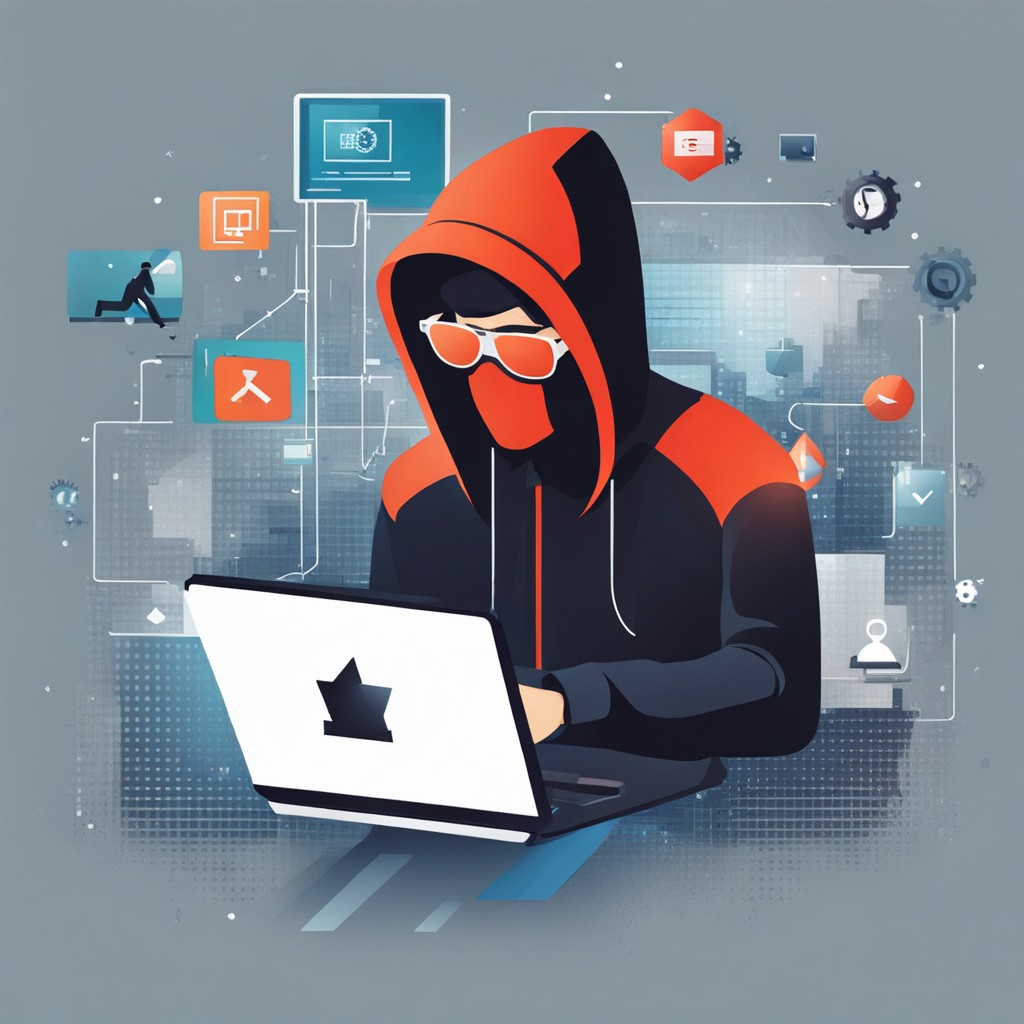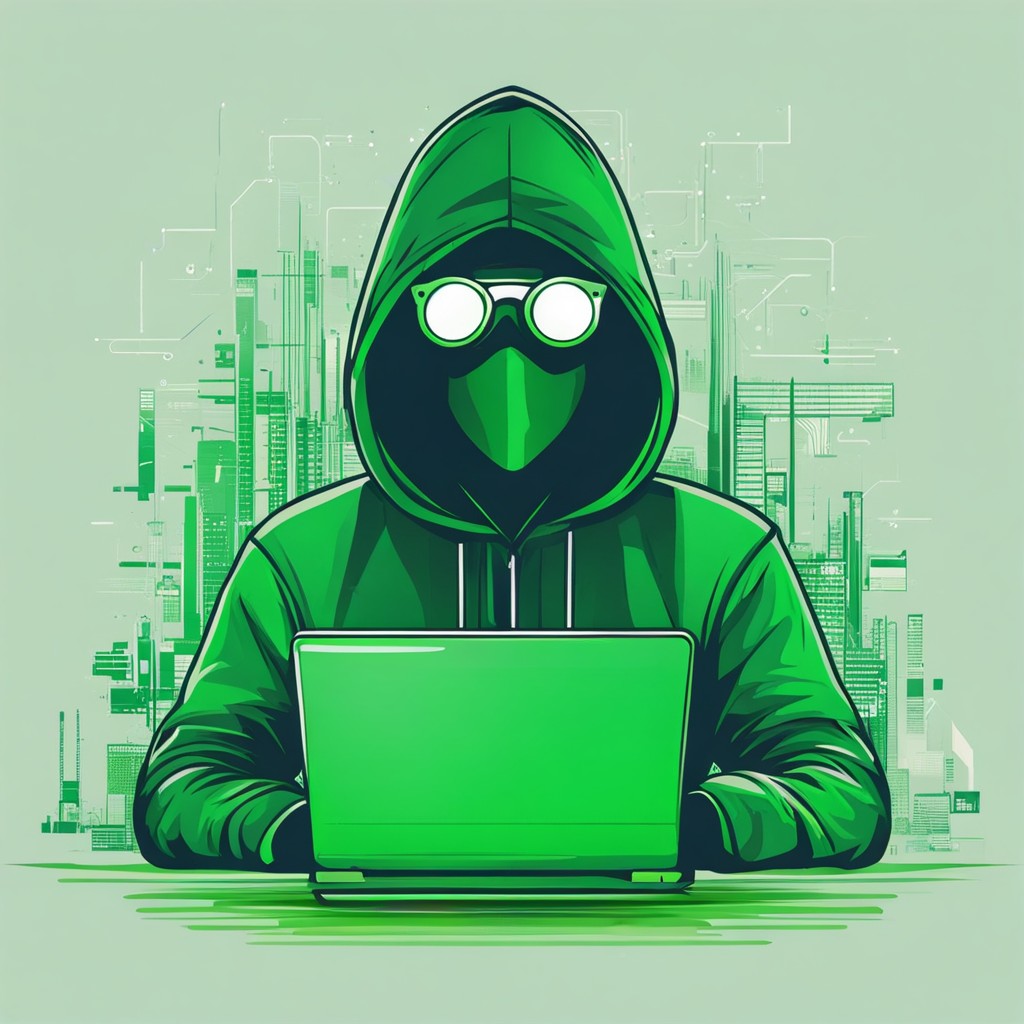In recent years, women have made tremendous strides in the cybersecurity industry, yet the gender gap remains a prominent challenge. Despite the increasing number of women entering the field, they are still underrepresented in key leadership roles and technical positions. However, the tide is turning as more initiatives are launched to support and encourage women in cybersecurity. This shift is crucial not only for equality but for the overall health of the industry, as diverse teams bring fresh perspectives to tackling evolving threats.
The Current Landscape
The percentage of women in cybersecurity has grown steadily, from around 11% in 2013 to roughly 24% in 2022, according to studies by the International Information System Security Certification Consortium (ISC²). While this is progress, the industry still faces a significant gender disparity. Women are often underrepresented in senior technical roles, with fewer than 17% holding C-suite positions like Chief Information Security Officer (CISO).
Barriers Women Face in Cybersecurity
Several barriers contribute to the gender gap in cybersecurity:
- Cultural Stereotypes: Historically, cybersecurity has been perceived as a male-dominated field, leading to fewer women pursuing STEM education and careers in tech.
- Lack of Mentorship: The absence of female mentors in cybersecurity roles can make it difficult for women to see themselves succeeding in the field.
- Pay Inequity: Despite growing numbers, women in cybersecurity are often paid less than their male counterparts. A 2023 report highlighted that women typically earn about 12% less than men in similar roles.
Why Diversity in Cybersecurity Matters
The need for gender diversity in cybersecurity is more than just a matter of equity—it’s about effectiveness. Cyber threats are constantly evolving, and a diverse workforce brings varied perspectives, experiences, and problem-solving approaches. Research shows that gender-diverse teams are more innovative and perform better when solving complex issues. In cybersecurity, where out-of-the-box thinking is often required to counter sophisticated attacks, this diversity can make a significant impact.
Programs and Initiatives Supporting Women in Cybersecurity
Many organizations and initiatives are working to empower women in cybersecurity. For example:
- Women in Cybersecurity (WiCyS): WiCyS is a global organization that offers networking opportunities, mentorship, and career development programs specifically tailored to women in cybersecurity. They host annual conferences and workshops to connect women with industry leaders and peers.
- Girls Who Code: This organization aims to close the gender gap in technology by providing girls with coding skills, inspiring them to pursue careers in tech, including cybersecurity.
- Cyberjutsu: The Women’s Society of Cyberjutsu is a nonprofit dedicated to empowering women in cybersecurity by offering hands-on training and certification preparation. They focus on developing both technical and leadership skills to help women excel in the industry.
Inspiring Women Leading the Way
Several women have made significant contributions to the cybersecurity industry, breaking barriers and inspiring the next generation of leaders:
- Parisa Tabriz: Known as Google’s “Security Princess,” Parisa Tabriz has been a trailblazer in security research and is now a director at Google, leading a team of hackers responsible for ensuring the security of Google Chrome.
- Jane Frankland: A cybersecurity entrepreneur and author, Jane Frankland is a leading advocate for gender diversity in the industry. Her book, “InSecurity,” explores the challenges women face in cybersecurity and offers solutions to bridge the gender gap.
- Michele Schochet: As the head of Security Assurance at Facebook, Schochet has been instrumental in ensuring that one of the world’s largest social media platforms stays secure, protecting billions of users’ data.
Shaping the Future
To close the gender gap in cybersecurity, more needs to be done. Encouraging women to pursue cybersecurity from an early age, providing mentorship, and creating inclusive work environments are critical steps toward achieving gender equality in the industry. The future of cybersecurity depends on diverse talent, and women will continue to play an essential role in shaping that future.
By supporting initiatives that empower women and fostering an inclusive culture, the cybersecurity industry can become stronger, more innovative, and better equipped to face the challenges ahead.





